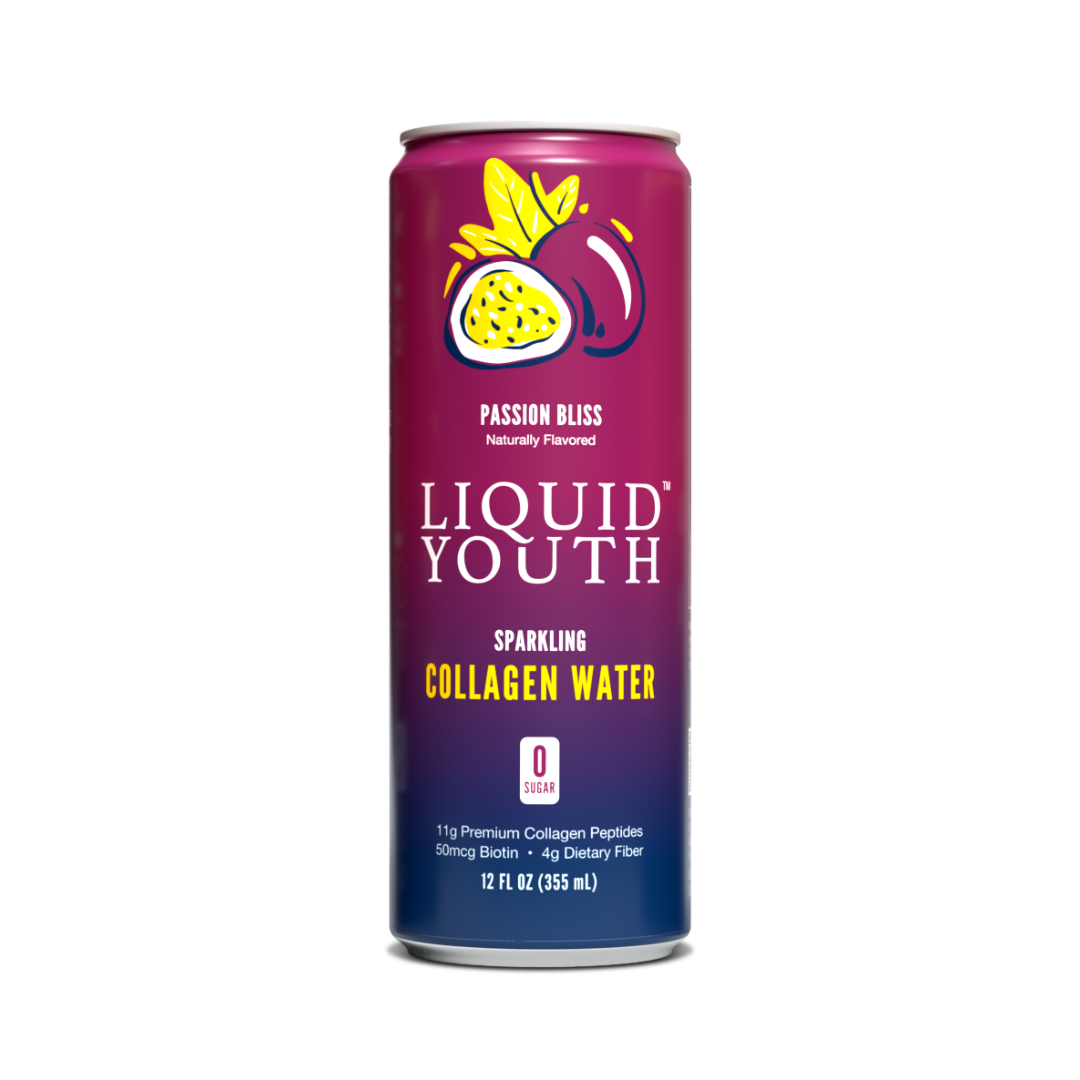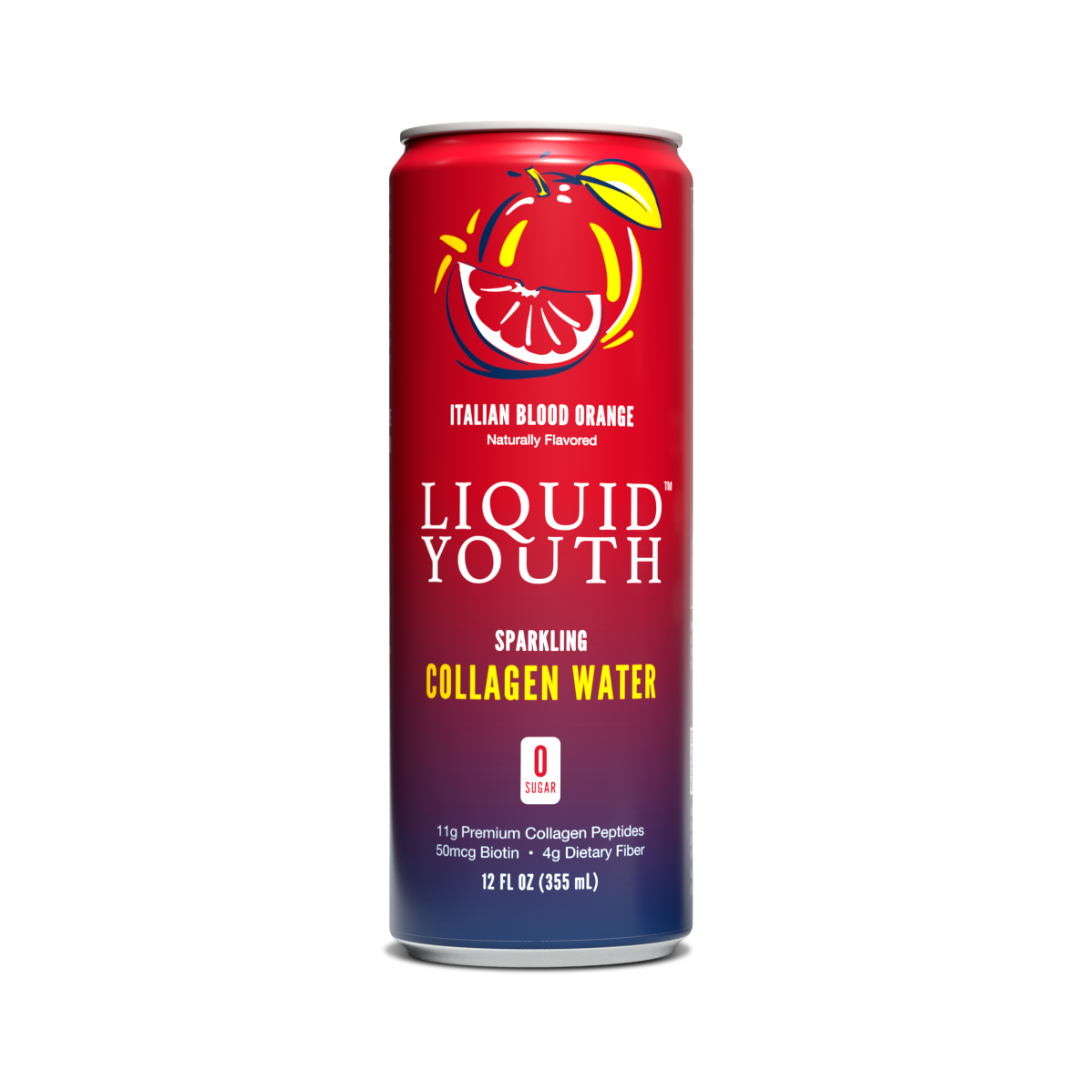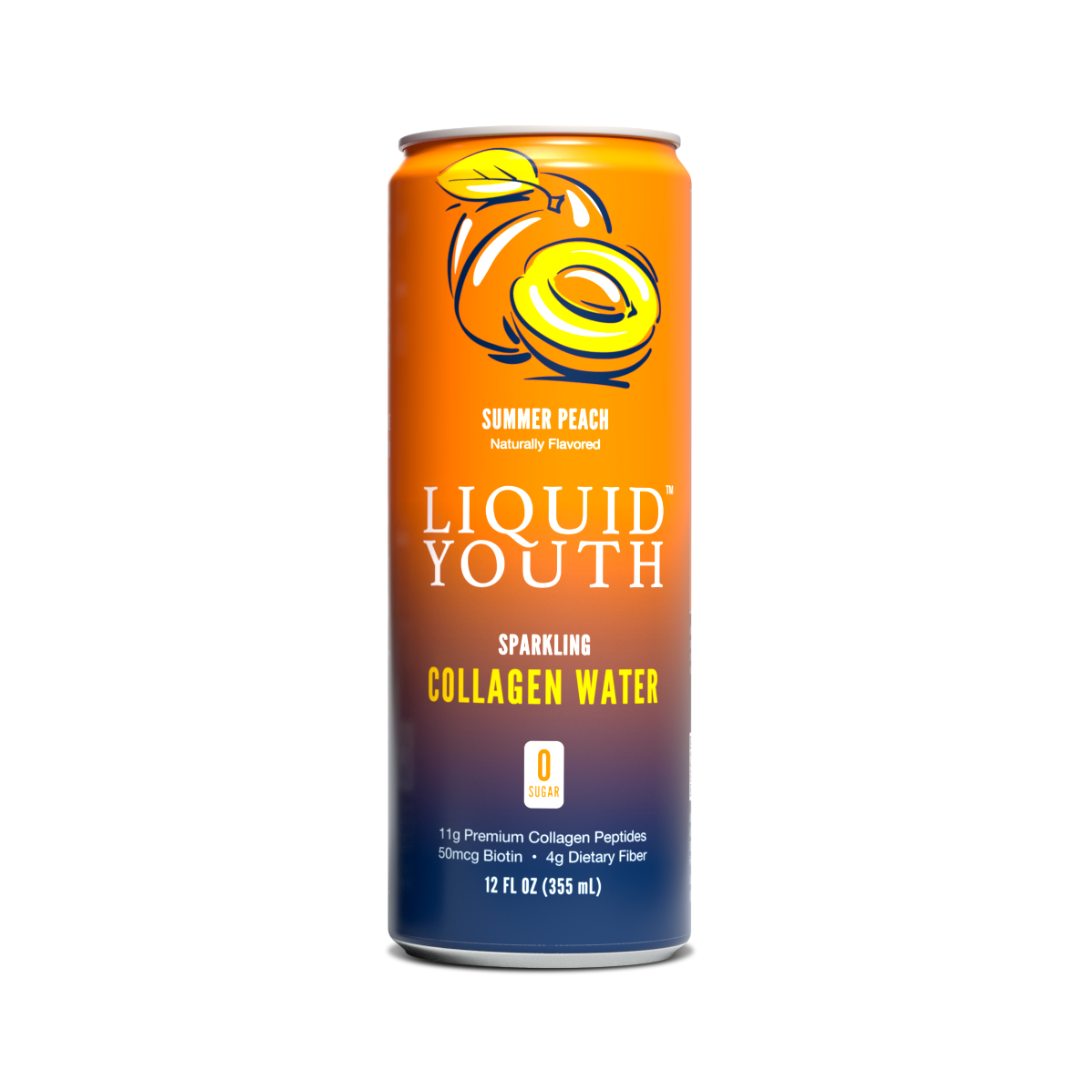Key Findings from the Study:
-
The study found that 15 grams of collagen peptides for 12 weeks can significantly reduce muscle damage after exercise.
-
Combining collagen peptides with exercise may enhance recovery, helping athletes bounce back faster after intense workouts.
-
This study suggests collagen peptides might have a unique role in supporting muscle recovery.
Collagen Peptides and Muscle Recovery
Collagen peptides have long been renowned for their role in beauty, supporting healthier skin, nails, and joints. But did you know that collagen peptides may also play a role in enhancing muscle recovery? Recent studies now suggest their potential in performance and recovery, making them a game-changer for those aiming to recover faster from intense exercise.
Traditionally, tart cherry and blueberry supplements have dominated the fitness recovery scene.1-3 However, a new study published in Frontiers in Nutrition by Kevin Bischof and colleagues titled "Reduction in systemic muscle stress markers after exercise-induced muscle damage following concurrent training and supplementation with specific collagen peptides" challenges that collagen peptides may be a highly effective supplement for reducing muscle damage.4
What Are Collagen Peptides?
Collagen is the most abundant protein in the human body, forming the building blocks of skin, tendons, ligaments, and muscles. Collagen peptides are smaller, easily digestible fragments of collagen that are often taken as supplements. Unlike traditional protein powders, collagen peptides are rich in specific amino acids like glycine, proline, and hydroxyproline, which are essential for maintaining the health of connective tissues.
The Case for Collagen Peptides in Muscle Recovery
What Happens During Exercise?
When we engage in strenuous activities, particularly exercises like squats or jumps, muscle fibers can experience muscle microtears. While this is part of the normal strength-building process, it also leads to muscle damage, causing soreness. Traditionally, reducing these effects relied on supplements like tart cherry, blueberry, antioxidants, and recovery protocols.
A New Player in Recovery: Collagen Peptides
This study explored whether specific collagen peptides could support muscle recovery when paired with a well-structured exercise routine. Specific collagen peptides contain a high concentration of amino acids like glycine, proline, and hydroxyproline. These amino acids are particularly important for forming and repairing connective tissues.
The participants were divided into two groups: one received 15 grams of specific collagen peptides daily, while the other received a placebo. Participants consumed specific collagen peptides (The collagen supplement studies contained PeptENDURE®: Targets muscle repair and recovery. TENDOFORTE®: Supports tendons and ligaments.) daily for 12 weeks while undergoing a simultaneous training program.
Key Findings from the Study
The study revealed several beneficial effects for athletes and fitness enthusiasts:
1. Enhanced Recovery Speed: The findings suggest that specific collagen peptides may accelerate recovery, allowing individuals to resume their activities sooner. This can be particularly beneficial for athletes or those participating in regular training programs.
2. Reduced Muscle Soreness: The study found that those taking specific collagen peptides' lower biomarker levels correlate with reduced soreness, making collagen peptides a potential ally in mitigating the discomfort of delayed onset muscle soreness.
Whether you're running, lifting weights, or doing intense exercise, adding collagen peptides to your routine could enhance your recovery. This study adds to other studies that show that collagen peptides may be helpful for muscle recovery following exercise.5-7
Practical Applications: How to Use Collagen Peptides for Recovery
If you're looking to incorporate collagen peptides into your recovery routine, here are some practical tips:
Dosage: The study used 15 grams of specific collagen peptides daily, split into two doses—one before and one after exercise. This ensures high levels of collagen peptides in the bloodstream during and after workouts.
Consistency: For best results, take collagen peptides consistently for at least 12 weeks, as the study showed significant benefits over this period.
Combine with Exercise: Collagen peptides work best when paired with regular physical activity, such as strength training or endurance exercises.
Real-World Applications
For Athletes: Athletes can incorporate collagen peptides into their diets to reduce recovery time and enhance performance.
For Fitness Enthusiasts: Regular gym-goers might find collagen peptides helpful in maintaining consistency in their workout routines without excessive soreness.
For Aging Populations: Collagen peptides may also help aging individuals maintain muscle health and reduce exercise-related injuries.
References
1 O'Connor, E., Mündel, T. & Barnes, M. J. Nutritional Compounds to Improve Post-Exercise Recovery. Nutrients 14, 5069 (2022). https://doi.org/10.3390/nu14235069
2 McLeay, Y. et al. Effect of New Zealand Blueberry Consumption on Recovery From Eccentric Exercise-Induced Muscle Damage. Journal of the International Society of Sports Nutrition 9 (2012). https://doi.org/10.1186/1550-2783-9-19
3 Canals-Garzón, C. et al. Effect of Antioxidant Supplementation on Markers of Oxidative Stress and Muscle Damage After Strength Exercise: A Systematic Review. International Journal of Environmental Research and Public Health 19, 1803 (2022). https://doi.org/10.3390/ijerph19031803
4 Bischof, K. et al. Reduction in systemic muscle stress markers after exercise-induced muscle damage following concurrent training and supplementation with specific collagen peptides - a randomized controlled trial. Front Nutr 11, 1384112 (2024). https://doi.org/10.3389/fnut.2024.1384112
5 Clifford, T. et al. The effects of collagen peptides on muscle damage, inflammation and bone turnover following exercise: a randomized, controlled trial. Amino Acids 51, 691-704 (2019). https://doi.org/10.1007/s00726-019-02706-5
6 Kuwaba, K. et al. Dietary collagen peptides alleviate exercise-induced muscle soreness in healthy middle-aged males: a randomized double-blinded crossover clinical trial. J Int Soc Sports Nutr 20, 2206392 (2023). https://doi.org/10.1080/15502783.2023.2206392
7 Hatchett, A., Gregory, R. v. E., Shick, A. & Armstrong, K. The Influence of a Collagen-Based Multiple Ingredient Supplement on Muscle Performance. Journal of Sports Research 9, 26-35 (2022). https://doi.org/10.18488/90.v9i1.2906





















